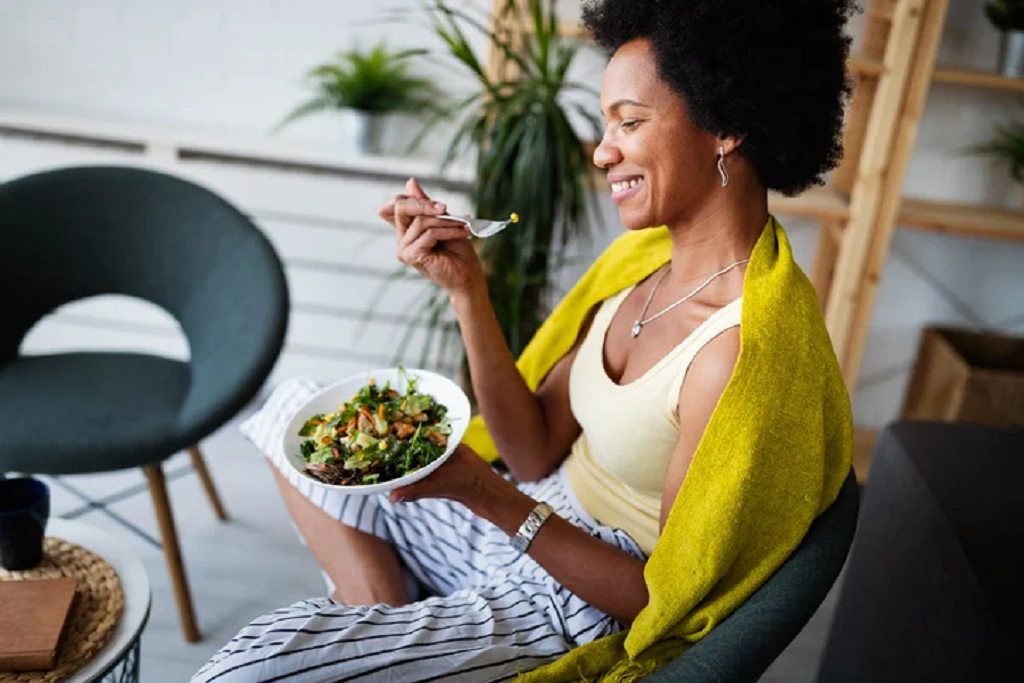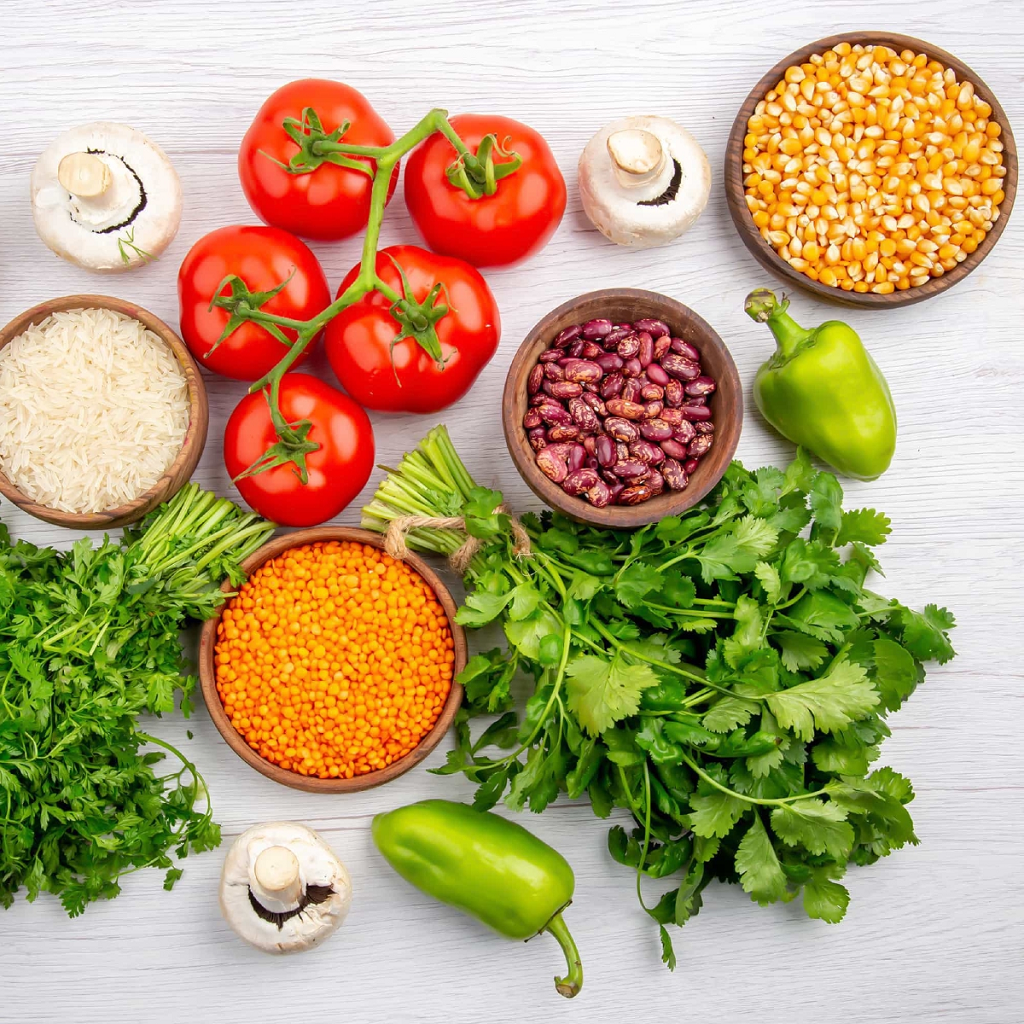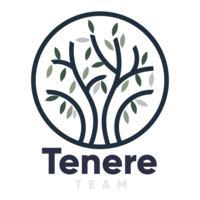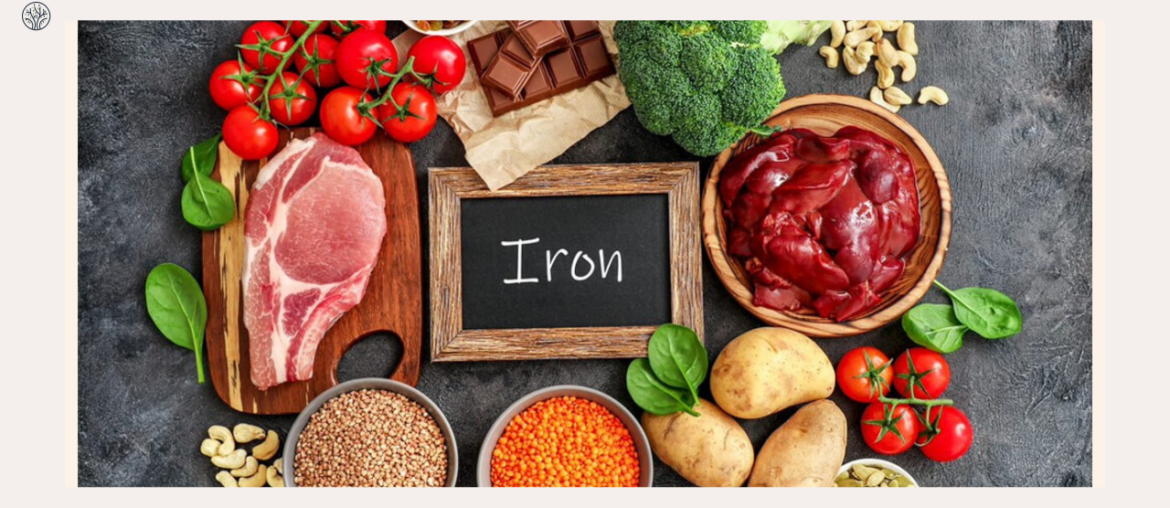Iron supplements, despite being the quickest way to get iron, may bring unwanted effects, like constipation or upset stomach. Unless your physician recommends you do iron supplementation after a blood test, it is better to search for ways to get iron without pills.
Often, people would think of adding foods rich in iron to their meals when it comes to raising their iron levels naturally. Yet, there are many other waysthat are no less effective.
How Much Iron Do You Need To Consume A Day?

Here’s a breakdown of the recommended daily iron intake for various populations:
- Males: 8 mg/day.
- Females’ iron needs vary by different phases in their lifespan.
- Women of childbearing age: 18 mg/day. Females in this group, who experience menstrual cycles, need a higher intake of iron due to the monthly blood loss.
- Pregnant women: 27 mg/day. During pregnancy, women have an increased demand for iron to support both their own needs and the developing fetus.
- Postmenopausal females: 8 mg/day. Once females reach menopause and are no longer experiencing monthly menstrual bleeding, their iron needs decrease.
Excessive iron intake can lead to adverse effects, including stomach upset and potential toxicity. The upper limit of iron intake is generally considered to be around 45 mg/day for adults.
Why Choose Natural Ways For Getting Iron Over Supplementation?
Concerning your daily iron fix, you might be wondering whether to go for natural sources or pop a supplement. Here are some reasons why choosing natural ways for iron intake might be a good call:
- No overload
Natural sources provide iron in a controlled manner. This can prevent the risk of accidentally overdosing on iron, which might occur with supplements.
- Avoid side effects
Some iron supplements can cause tummy troubles or constipation. Natural iron sources, when consumed in moderation, are less likely to lead to these discomforts.
Read more: We’ve compiled a guide on reducing iron supplement side effects that can help you deal with unwanted effects in case you’re doing iron supplementation.
- Balanced nutrition
Natural iron-rich foods often come bundled with other nutrients your body needs, like vitamins, minerals, and fiber. It’s like getting a bonus package for your health.
- Digestive harmony
Foods rich in iron are usually easy on your digestive system. They’ve been part of human diets for ages, which means your body is familiar with processing them.
5 Ways To Get Iron Without Pills

Apart from the most common tip which is to change your diet, you can absorb more iron through various ways, like taking vitamin C along with your meals or cooking foods with a cast iron skillet.
Add Iron-Rich Foods To Your Diet
One simple way to raise iron levels is to eat foods rich in iron. These foods include chicken, oysters, and beef. There are also plant-based sources of iron like lentils, kidney beans, prune juice, tofu, molasses, and black-strap.
Cook Food With Cast Iron
Old-fashioned cast-iron pots and pans can put more iron into your food!
If you cook scrambled eggs in a seasoned cast iron skillet, you’ll add an extra 6 to 8 mg of iron to your diet. Iron helps your body make hemoglobin and myoglobin, which carry oxygen.
There are two types of iron: heme iron in animal foods, and non-heme iron in plant foods like beans, nuts, and vegetables.
Research shows that cooking with cast iron can really boost iron in foods, especially with foods that are a bit acidic, wet, and take time to cook. This makes it easier for people who mostly eat plant foods to get their RDA for iron.
Take Vitamin C
Another thing to remember with iron-rich foods is that your body absorbs iron better when you eat it with vitamin C.
Usually, supplements have both iron and vitamin C together, so you don’t have to worry about taking two different things. When you eat foods high in iron, having vitamin C sources like kiwi, orange juice, or lemonade with it can help your body use the iron.
Some food combos that have iron and vitamin C together are:
- strawberries and dark chocolate
- Brussels sprouts and lentils
- oranges and kale
- cabbage and black beans
- tomatoes and broccoli
- bell peppers and spinach
You can mix and match these foods to make meals you like.
Eating foods with vitamin C in the same meal as iron-rich foods helps your body soak up the iron better. For instance, you can have a salad with tomatoes and peppers along with lentils or steak. Or, drink orange juice when you have fortified cereal for breakfast.
Drink Less Tea
Tea has tannins which might stop your body from taking in as much iron. But this seems to mostly affect people who already don’t have much iron. The way tannins affect iron is stronger when it’s the kind found in plant foods.
If you want, you can try not having tea with food or right after you eat. This could help your body take in more iron.
Use Acupuncture
Research has shown that acupuncture can raise your iron levels (ferritin) and lower something called total iron binding capacity (TIBC).
TIBC is a test that checks how well your body sticks to iron using transferrin, which is a protein in your blood that grabs iron and moves it around your body.
Acupuncture might also help your digestion do a better job of taking in iron. Because of these facts, acupuncture could be a helpful extra treatment for people with low iron levels.
Bottom Line
You can combine the above ways to get iron without pills and iron supplements to boost your iron level most effectively.
Whether you choose to follow your doctor’s recommendations or to self-manage, keep in the know that rectifying iron deficiency anemia takes time. Symptoms might fade after a few days of treatment, yet it should take longer to increase the amount of iron in your blood.
A healthy diet and lifestyle are the key to long-term good health, after all!





